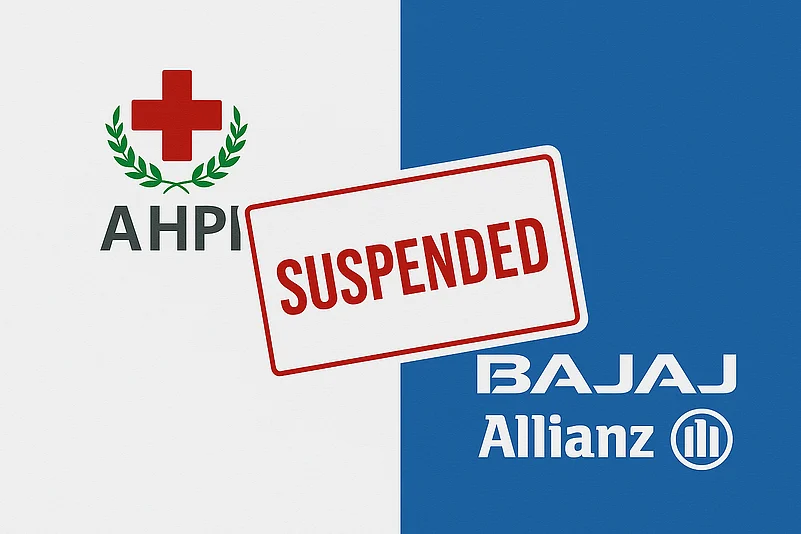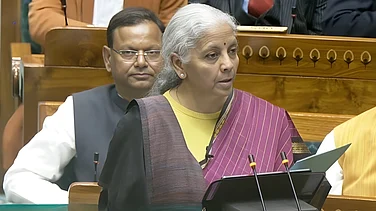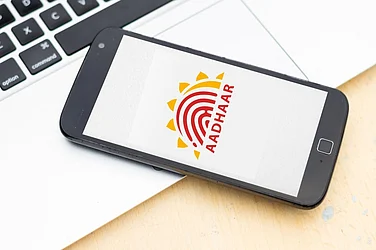
Summary of this article
AHPI hospitals to suspend Bajaj Allianz cashless treatment from September 1, 2025.
Hospitals cite outdated tariffs, claim deductions, and delayed settlement processes.
AHPI demands tariff revisions aligned with seven to eight per cent annual medical inflation.
Patients must pay upfront and later claim reimbursements from insurers.
The Association of Healthcare Providers–India (AHPI), which represents hospitals and healthcare institutions nationwide, has advised its member hospitals in North India to suspend cashless treatment facilities for policyholders of Bajaj Allianz General Insurance Company from September 1, 2025, according to a press statement. The decision was taken after a meeting of AHPI and its member hospitals on August 8.
According to AHPI, the move follows repeated complaints from hospitals that Bajaj Allianz has not revised reimbursement rates in line with rising medical costs and has instead been pressing for further tariff reductions on agreements that expired years ago. Member hospitals also alleged unilateral claim deductions, delays in settlement, and lengthy pre-authorisation and discharge approvals.
AHPI said it had written to Bajaj Allianz earlier, but the insurer did not respond.
Explaining the rationale, Dr. Girdhar Gyani, director general, AHPI, said, “Medical inflation in India remains in the seven to eight per cent range every year, driven by rising staff costs, medicines, consumables, utilities, and overheads. While hospitals strive to enhance efficiency, it is not viable to operate at outdated reimbursement rates, much less lower ones. Continuing under such terms risks compromising patient care, which AHPI and its members cannot allow.”
AHPI has long proposed that tariffs be reviewed every two years to align with medical inflation, ensuring hospitals can deliver quality care without compromising standards. It accused Bajaj Allianz of rejecting such proposals and instead demanding tariff cuts, leaving providers in what it described as an “untenable position.”
As a result, AHPI has asked member hospitals to temporarily halt cashless services for Bajaj Allianz policyholders until fair agreements are reached. Treatment will continue at self-pay rates, with patients required to seek reimbursements directly from the insurer.
Responding to AHPI’s announcement, Mr. Bhaskar Nerurkar, Head–Health Administration Team at Bajaj Allianz General Insurance, said: “We are surprised by this announcement. At Bajaj Allianz, we have always believed that policyholders should receive the best possible hospitalisation experience with fair rates, seamless claims, and quality service. Also, we proactively engage with all hospitals to settle any queries or dues from our side. We are confident of working amicably with AHPI and its member hospitals to arrive at a solution that is in the best interests of our customers.”
Meanwhile, AHPI said it issued a similar notice to Care Health Insurance on August 2 and is seeking a response by August 31. If no resolution is reached, member hospitals may also suspend cashless services for Care Health policyholders.
Reiterating its position, AHPI said it remains open to constructive dialogue with insurers. “We remain committed to ensuring accessible, affordable, and high-quality healthcare. Our doors are open for discussions in the best interest of patients and providers,” the association said.













